The team from Fujifilm and Eranis with Ghanaian stakeholders.
Japanese technology giant Fujifilm, originally known for its electronics and imaging products, has extended its footprint into Ghana’s healthcare sector through a partnership with Eranis Medical Imaging and Engineering Limited.
At a grand launch held in Accra on Thursday, 7th August, the global team from Fujifilm showcased the company’s journey of innovation and excellence since its establishment in 1934.
Speaking to the media during the event, the Managing Director of Fujifilm MEA, Mr Shin Tagawa, explained that the company’s recent 90th anniversary served as a catalyst to expand its medical services into developing countries, including Ghana.
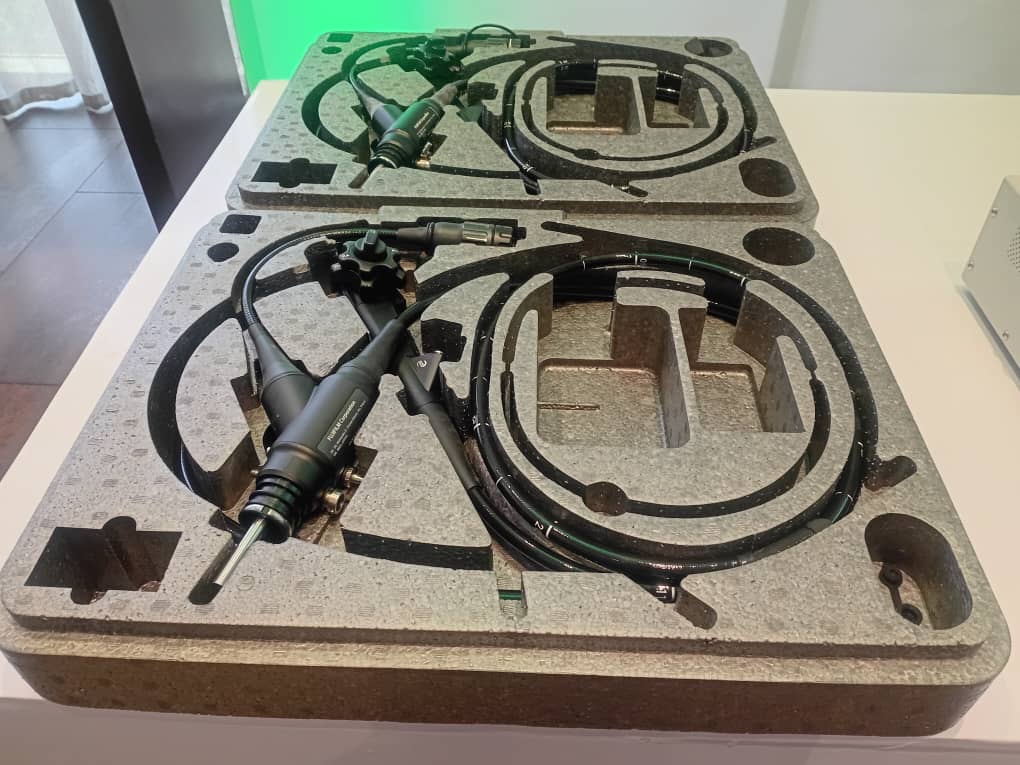
“We are in Ghana for the medical business with a core mission to make healthcare delivery more flexible and efficient using our cutting-edge technologies,” he said.
He added that Fujifilm’s advanced screening solutions, powered by Artificial Intelligence (AI), are designed to ease the burden on healthcare systems, particularly in regions facing a shortage of medical professionals.

“With our AI solutions, we can facilitate advanced screening to reduce patient backlogs, especially where access to specialised care is limited,” Mr Tagawa stated.
He noted that Fujifilm’s technology will help medical professionals diagnose patients with greater accuracy and speed. “Using our AI-powered systems, doctors can make faster, more precise diagnoses, significantly reducing human error.”
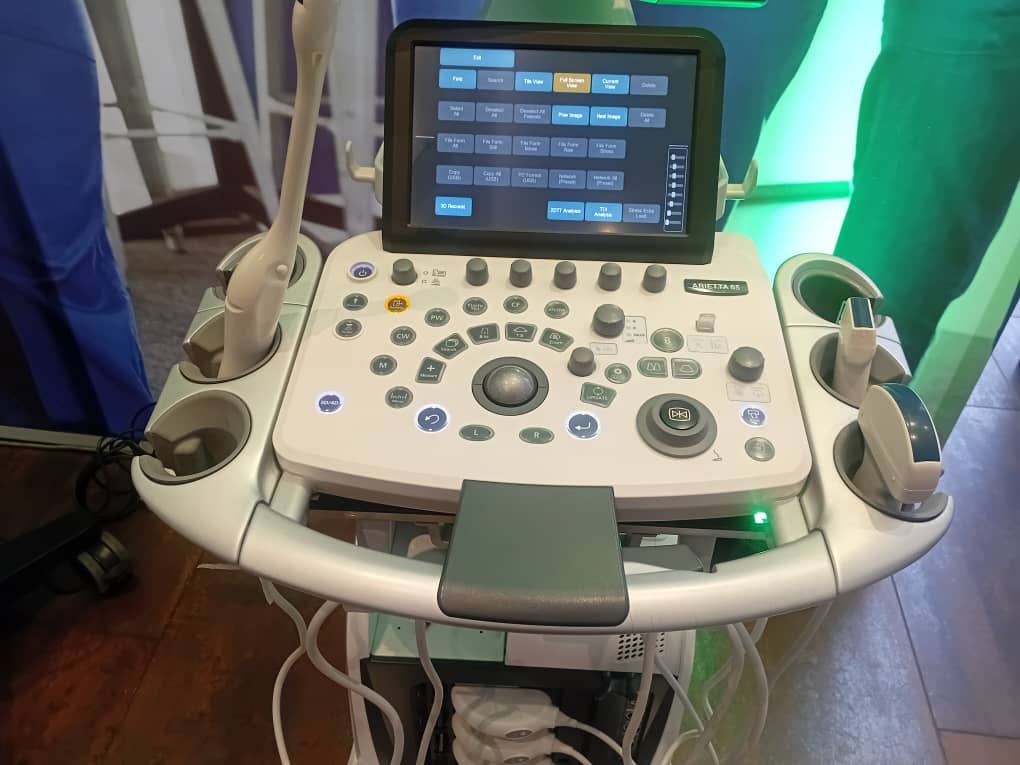
Mr Tagawa also revealed plans to train Ghanaian healthcare practitioners on how to operate the equipment, ensuring optimal use of the technologies once they are deployed in medical facilities across the country.
Dr Isaac Thompson, Executive Director of Eranis, emphasised the significance of the collaboration. “The partnership between Fujifilm and Eranis is aimed at enhancing Ghana’s healthcare system,” he noted.
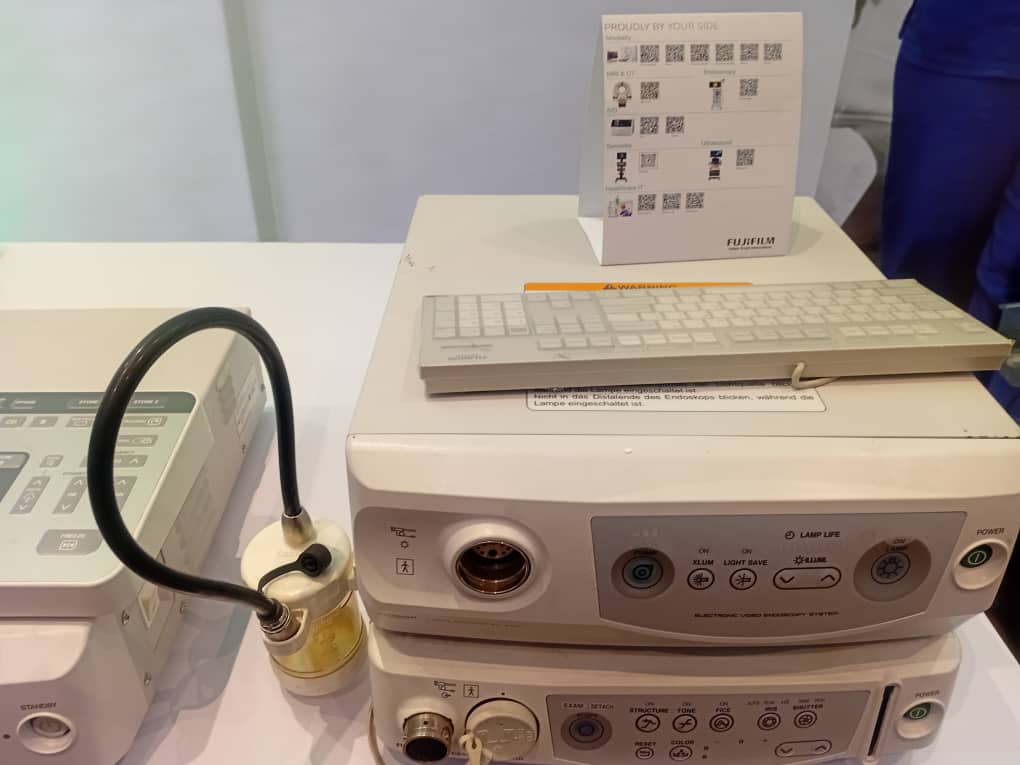
He added that Eranis would serve as a conduit between both public and private sectors, facilitating flexible procurement processes for the medical equipment. “We’re also responsible for ensuring proper maintenance of these machines once they are in use.”
Dr Thompson also highlighted the suitability of Fujifilm’s equipment for rural healthcare. “Fujifilm has developed a portable X-ray machine that can be transported on the back of a motorbike to remote areas. These devices are equipped with AI diagnostic capabilities, eliminating the immediate need for radiologists on-site.”

Also speaking to journalists was Dr Innocent Ugwoke, Regional Manager of Fujifilm for West Africa, who pointed out that some of the machines come with rechargeable batteries, making them ideal for underserved communities.
“These devices can diagnose conditions such as tuberculosis and other health challenges even in areas with limited infrastructure,” he said.
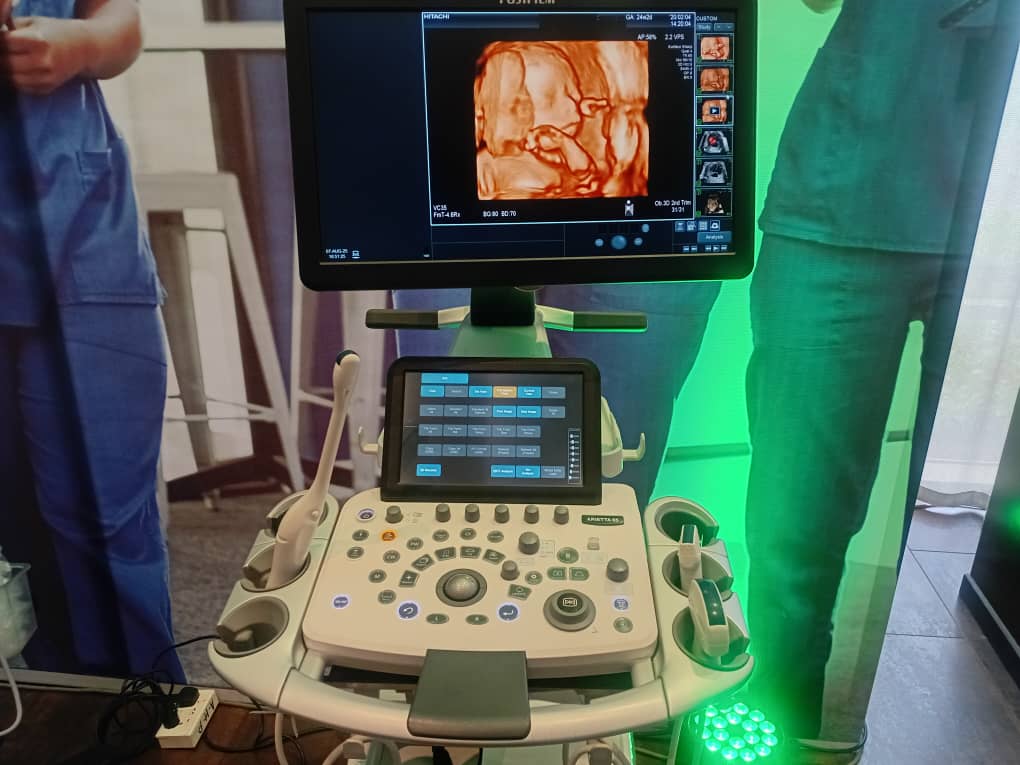
According to Dr Ugwoke, Fujifilm’s AI-assisted systems are designed to provide reliable diagnostics even with minimal numbers of radiologists, thus widening access to quality healthcare services across the country.
Representatives from the Ghana Health Service, Ministry of Health, and public and private hospitals at the event lauded the company’s efforts in bridging the gaps in healthcare services and welcomed the idea.
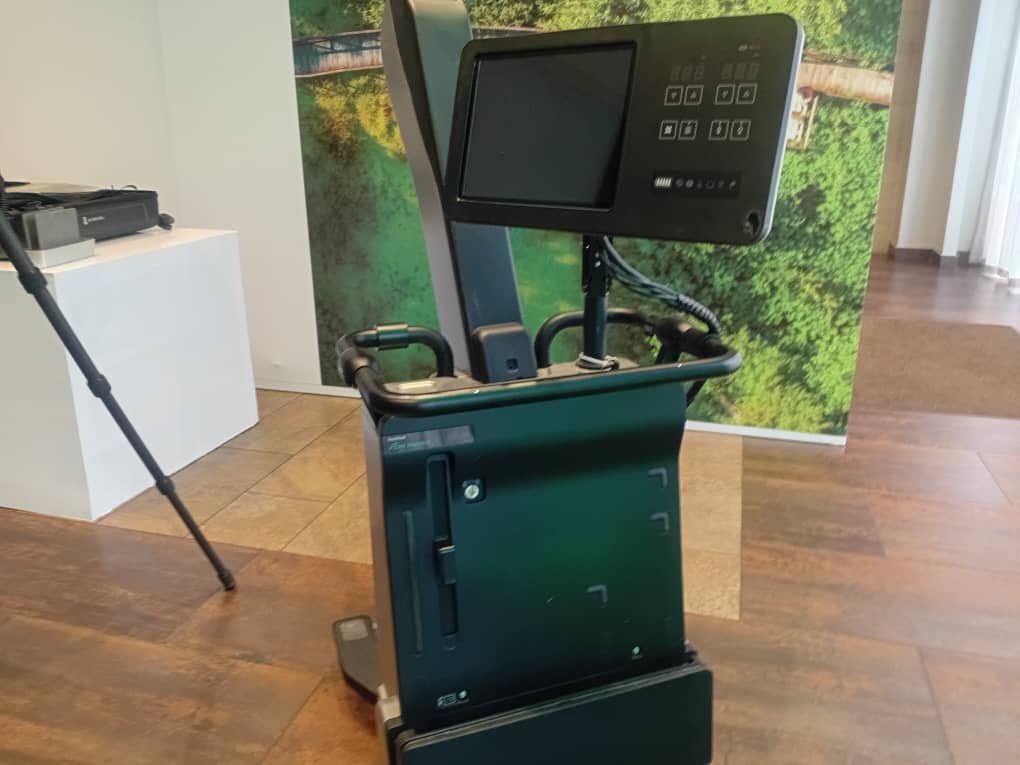
DISCLAIMER: The Views, Comments, Opinions, Contributions and Statements made by Readers and Contributors on this platform do not necessarily represent the views or policy of Multimedia Group Limited.
DISCLAIMER: The Views, Comments, Opinions, Contributions and Statements made by Readers and Contributors on this platform do not necessarily represent the views or policy of Multimedia Group Limited.


